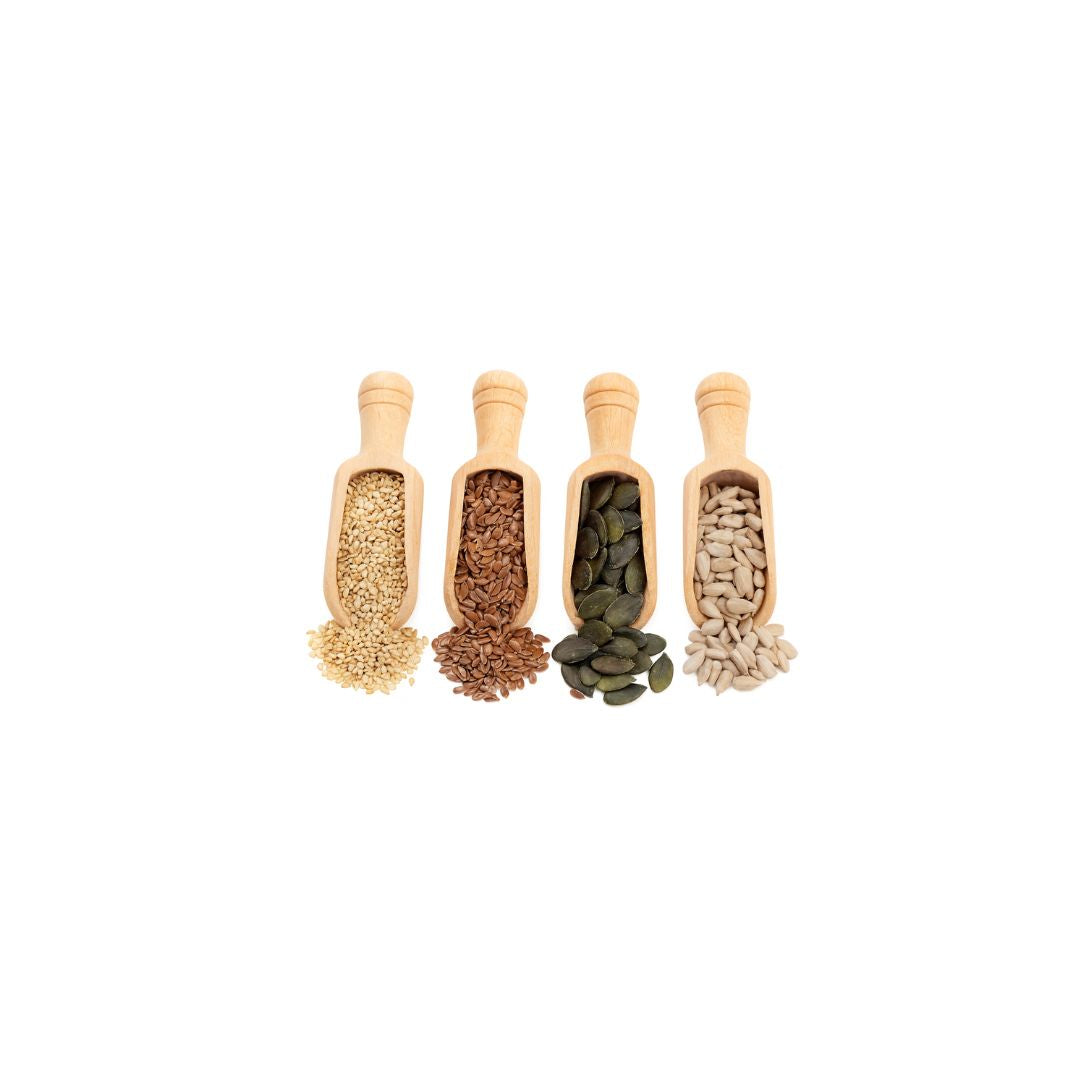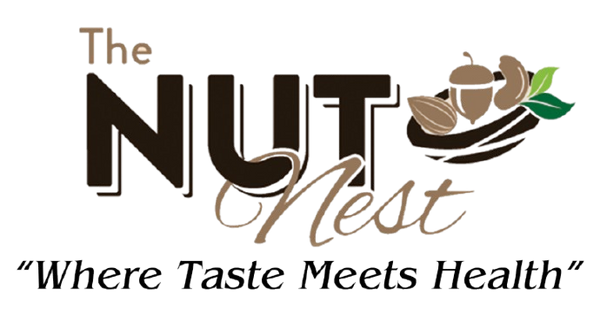
Seeds: Tiny Superfoods with Big Benefits
Bikash PatelShare
Introduction
Seeds may be small, but they are nutritional giants. These tiny powerhouses, chia, flax, pumpkin, sunflower, and watermelon seeds, have earned the label of “superfoods” because of their high concentration of essential nutrients.
Nutritional Value
Each seed variety brings a unique profile:
-
Chia seeds: Rich in omega-3 fatty acids, fiber, and protein. When soaked, they form a gel-like texture that’s great for digestion.
-
Pumpkin seeds: A good source of magnesium, iron, and zinc—important for energy production and immune health.
-
Sunflower seeds: Packed with vitamin E, they protect cells and support healthy skin.
-
Flax seeds: Known for lignans and plant-based omega-3s, they may help balance hormones and support heart health.
-
Watermelon seeds: High in protein and minerals like magnesium, great for overall wellness.
Benefits for Health
Including seeds in your diet can:
-
Improve digestion due to their fiber content.
-
Support heart health by reducing cholesterol levels.
-
Boost immunity with antioxidants and essential minerals.
-
Provide plant-based protein for energy and muscle health.
Easy Ways to Use Seeds
Seeds are versatile and easy to add to your meals:
-
Sprinkle them on salads or roasted vegetables.
-
Add them to smoothies, yogurt, or overnight oats.
-
Incorporate them into baking breads, muffins, or homemade energy bars.
-
Use them as a topping for soups or stir-fries for added crunch.
Conclusion
Seeds are proof that big benefits come in small packages. By incorporating a mix of different seeds into your meals, you can significantly improve your daily nutrition without any drastic changes to your lifestyle.
